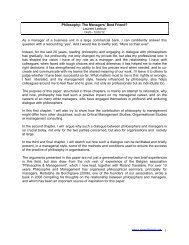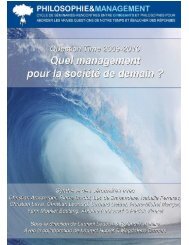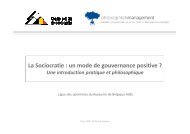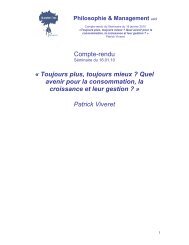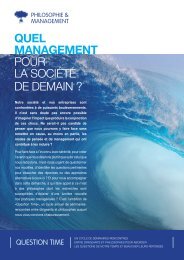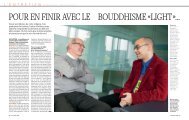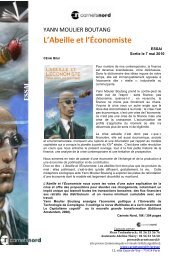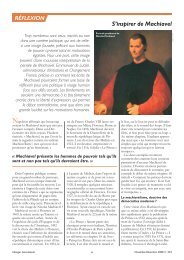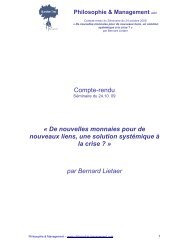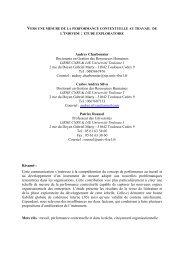The $100 billion question - Signal Lake Venture Fund
The $100 billion question - Signal Lake Venture Fund
The $100 billion question - Signal Lake Venture Fund
You also want an ePaper? Increase the reach of your titles
YUMPU automatically turns print PDFs into web optimized ePapers that Google loves.
Experience in the US following the McFadden Act suggests size in banking can bring benefits.<br />
Over 9,000 US banks failed during the Great Depression, the majority of which were unit banks.<br />
Friedman and Schwarz (1963) blame the absence of bank branching for the high failure rate<br />
among US banks. <strong>The</strong> costs of limited branching were also felt well after the Great Depression in<br />
higher-cost provision of banking services, in particular for larger companies using lending<br />
syndicates to finance large-scale investment. 32<br />
US experience after McFadden chimes with cross-country evidence drawn, in particular, from<br />
developing countries. For example, using a dataset of 107 countries, Barth et al (2004) assess the<br />
effects of restrictions on the efficiency and stability of the financial system. <strong>The</strong>y find evidence<br />
that restrictions are damaging to both, in particular barriers to foreign bank entry.<br />
Do those arguments resonate within advanced country banking systems today? Two<br />
comprehensive studies in the mid-1990s found that economies of scale in banking are exhausted<br />
at relatively modest levels of assets, perhaps between $5-10 <strong>billion</strong>. 33 A more recent 2004 survey<br />
of studies in both the US and Europe finds evidence of a similar asset threshold. 34 Even once<br />
allowance is made for subsequent balance sheet inflation, this evidence implies that economies of<br />
scale in banking may cease at double-digit dollar <strong>billion</strong>s of assets.<br />
Evidence from banking mergers offers little more encouragement. <strong>The</strong>re is no strong evidence of<br />
increased bank efficiency after a merger or acquisition. 35 And there is little to suggest crossactivity<br />
mergers create economic value. 36 That rather chimes with recent crisis experience. Of<br />
the bank mergers and acquisitions which have taken place recently, the majority have resulted in<br />
the merged firm under-performing the market in the subsequent period. Of course, all<br />
econometric studies have their limitations so these results do not close the case. Nonetheless, the<br />
uniformity of the evidence is striking.<br />
(b) Economies of Scope<br />
Turning from economies of scale to economies of scope, the picture painted is little different.<br />
Evidence from US bank holding companies suggests that diversification gains from multiple<br />
business lines may be more than counter-balanced by heightened exposures to volatile income-<br />
_____________________________________________________________________________<br />
32<br />
For example, Calomiris and Hubbard (1995).<br />
33<br />
Saunders (1996), Berger and Mester (1997).<br />
34<br />
Amel et al (2004).<br />
35<br />
For example, Berger and Humphrey (1997) based on a survey of over 100 studies.<br />
36<br />
For example, De Long (2001).<br />
17



